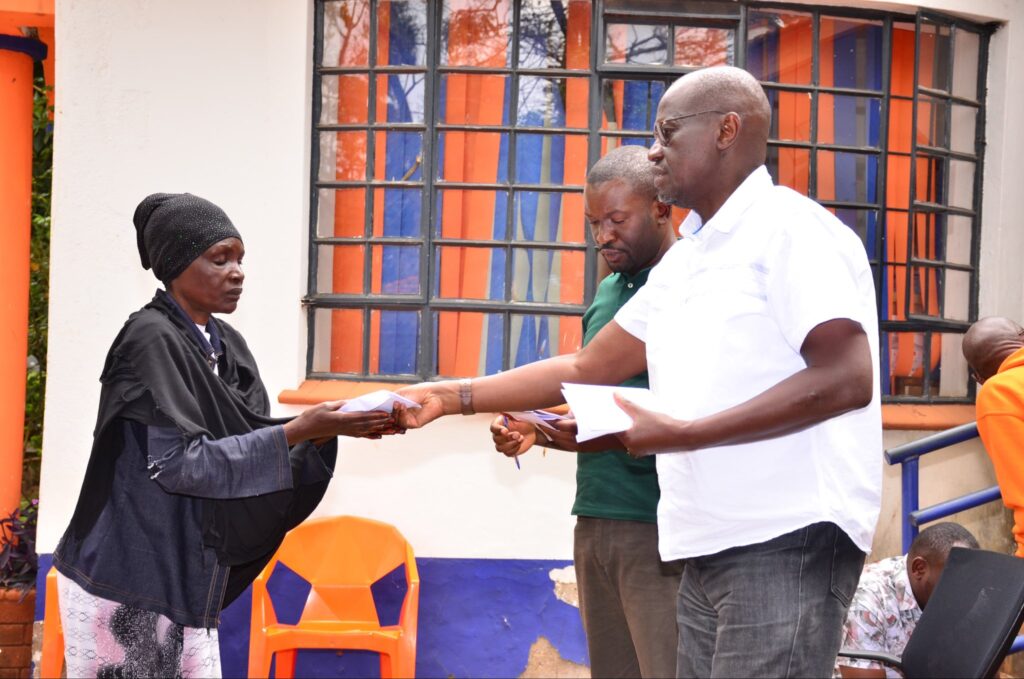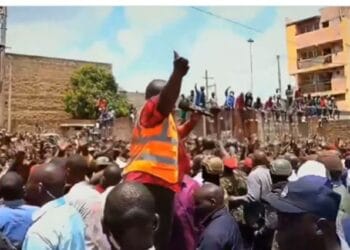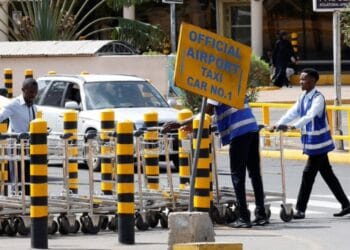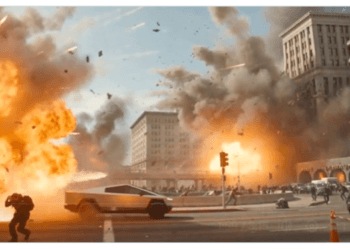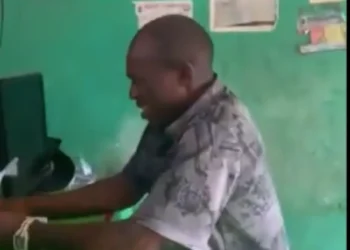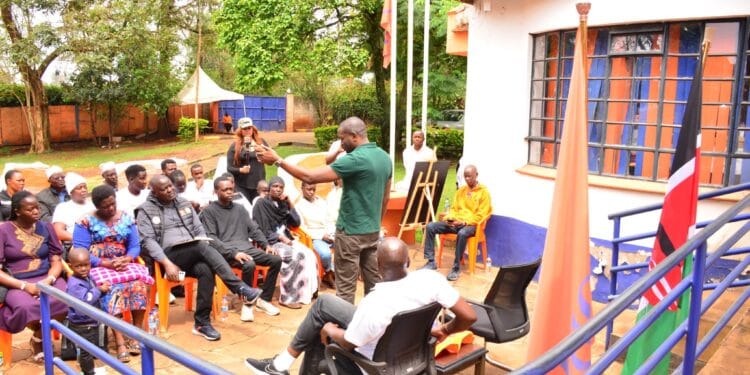Sifuna meets Raila, viewing victims’ families in a sombre gathering that’s laid bare the raw grief shadowing Kenya’s farewell to its opposition icon, as Orange Democratic Movement Secretary-General Edwin Sifuna and Executive Director Oduor Ong’wen extended heartfelt condolences to the kin of four souls lost amid the chaos of public tributes to former Prime Minister Raila Odinga at Nairobi’s Kasarani and Nyayo stadiums.
The October tragedy, where throngs of mourners surged to glimpse the flag-draped casket, turned moments of collective mourning into heartbreak, claiming Vincent Otieno Ogutu, Evan Onyango Kiche, and Josfae Jida Burka from police gunfire at Kasarani, and Josephine Akeng’o from a suffocating stampede at Nyayo – lives snuffed out in the crush of shared sorrow.
The meeting unfolded Thursday afternoon at ODM’s bustling Chungwa House headquarters, a stone’s throw from the city’s pulsing heart, where the air was weighed down with the scent of fresh mandazi and unspoken fury.
Relatives, their faces etched with exhaustion from endless vigils and mortuary runs, huddled around a conference table strewn with family photos and untouched teacups.
Sifuna, his usual silver tongue softened by the weight of the room, gripped hands and whispered assurances: “Baba Odinga fought for every Kenyan’s dignity; these losses won’t be footnotes – we’ll demand the justice he embodied.”
Ong’wen, ever the steady hand behind the party’s machinery, pledged logistical lifelines – from legal aid for inquests to community funds for the bereaved – a tangible thread in the tangle of bureaucracy that often leaves families adrift.
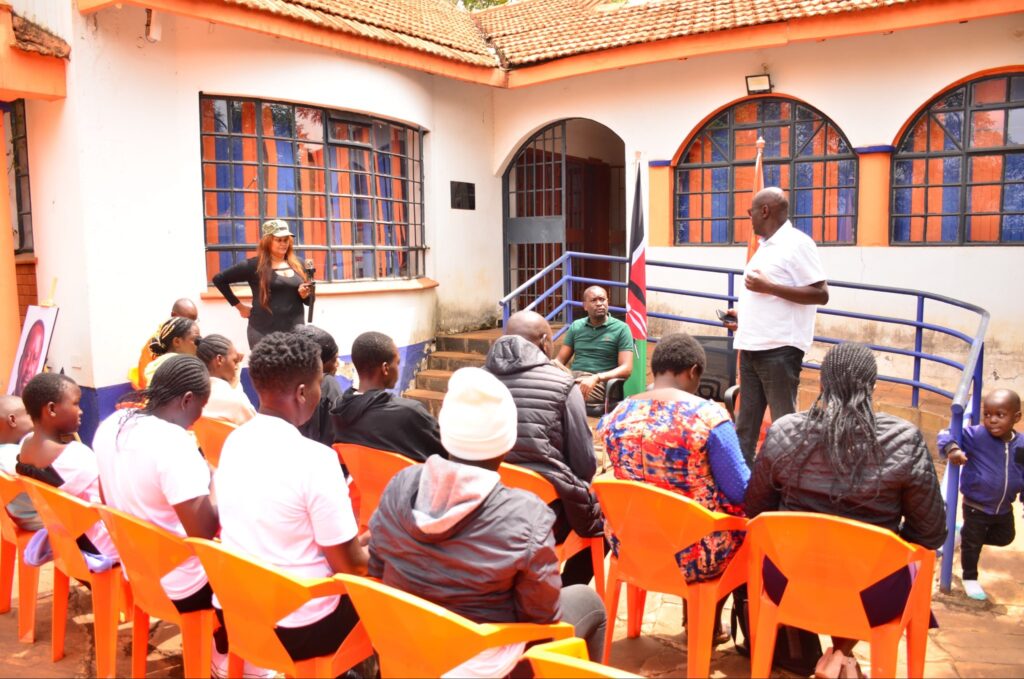
Ogutu’s widow, Mary, a 38-year-old market vendor from Kibera’s dusty lanes, clutched a crumpled funeral programme, her voice cracking as she recounted the day: “Vincent just wanted to honour Baba one last time. He was our breadwinner, gone in a hail of bullets meant to protect us.”
Kiche’s brother, a lanky mechanic from Dandora, nodded fiercely, eyes red from nights poring over grainy CCTV clips circulating on X. Burka, the young student whose dreams of university faded in the fray, and Akeng’o, the grandmother trampled in the desperate dash for entry – their stories wove a tapestry of ordinary Kenyans caught in extraordinary grief.
The legislation isn’t mere protocol; it’s a powder keg for accountability. ODM’s overture comes amid mounting pressure on the Interior Ministry, with petitions demanding an independent probe into security lapses – why rubber bullets flew freely and why gates buckled under unchecked crowds.
“Raila’s viewing was a people’s pilgrimage, not a peril zone,” Sifuna pressed in a follow-up statement, tagging it to broader calls for police reforms echoing the 2024 Gen Z uprising.
Families, buoyed but battle-worn, vowed to amplify their voices: “We won’t bury our dead quietly,” Akeng’o’s daughter affirmed, her fist clenched like a vow.
In a republic where power often parades past the powerless, these handshakes hint at healing’s hard road. Will the powers heed the pleas, or let echoes fade?
